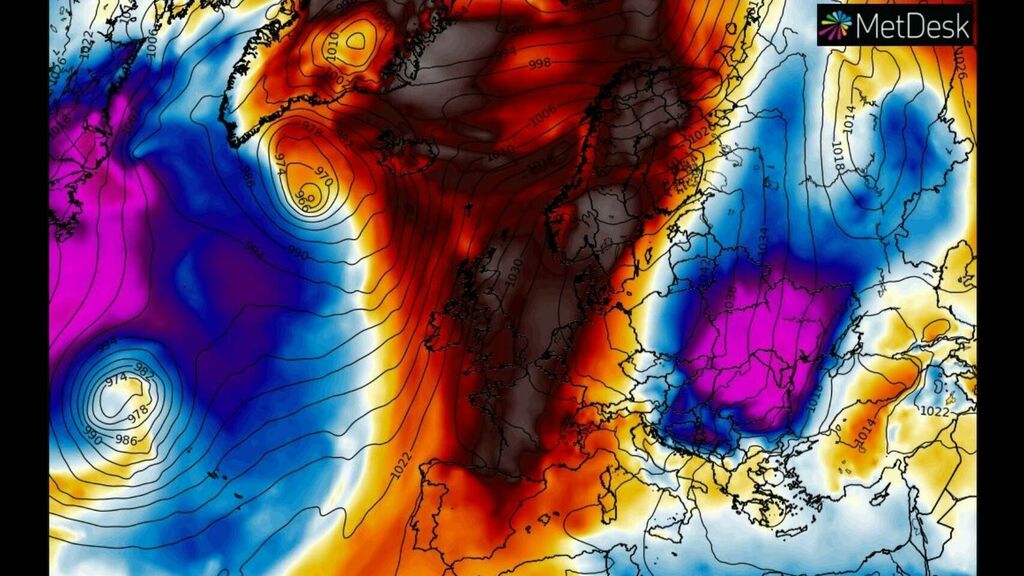Description
With this free course of 122 video lessons you will learn about the most important concepts of Meteorology
The Earth consists of three fundamental parts: a solid part called the lithosphere, another covered by water called a hydrosphere and a third, which envelops the previous two, made up of a gaseous layer called an atmosphere. They relate to each other producing profound modifications in their characteristics. The science that studies these characteristics, the properties and movements of the three fundamental layers of the Earth, is geophysics. In this sense, meteorology is a branch of geophysics that aims at the detailed study of the Earth's gas wrapping and the phenomena that occur there.
It must be distinguished between current conditions and their evolution (which constitutes atmospheric time) and average conditions over a long period (known as the climate of a place or region). In this sense, meteorology is an auxiliary science of climatology since atmospheric data obtained at multiple weather stations for a long time are used to define the climate, predict time, understand the interaction of the atmosphere with other subsystems, etc. Knowledge of and impact of weather variations on the climate has always been of paramount importance for the development of agriculture, navigation, military operations and life in general.






Reviews
There are no reviews yet.